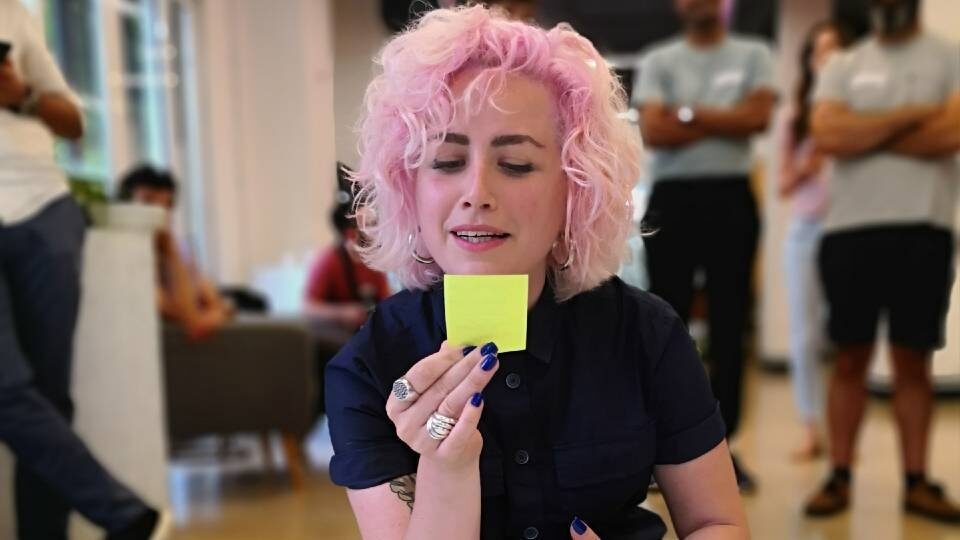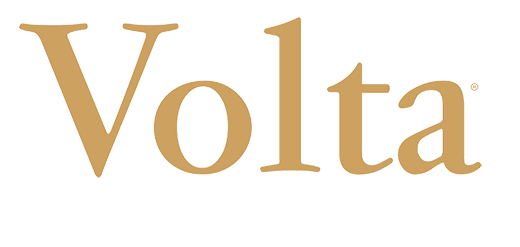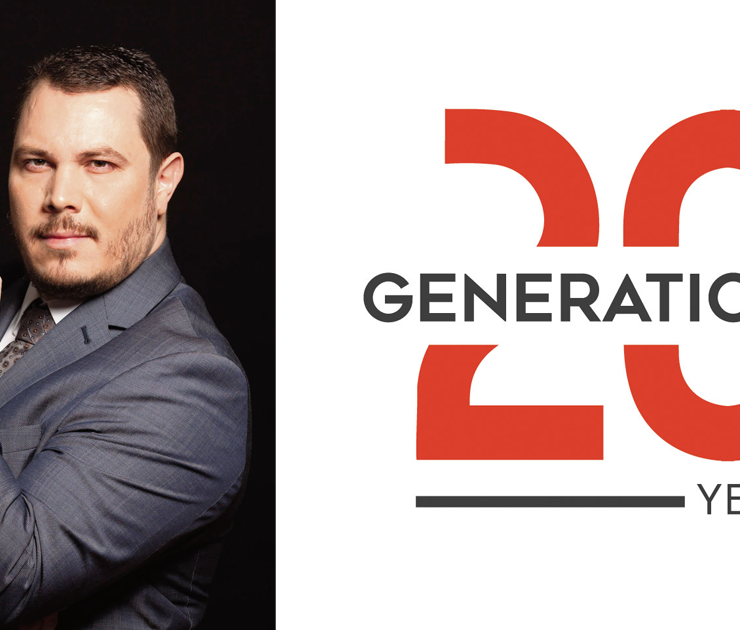Demium Founder Stories: Doreen Toutikian, omgyno CEO and Co-founder

The Founder Stories brings us closer to entrepreneurs and their journey creating a startup in Demium. This time, we sat down with Doreen Toutikian, CEO and co-founder at omgyno. Doreen knows that living in a diverse world requires steady, long-term innovation and health-data software solutions. Her femtech startup shapes a next-generation market product, laying bare that women’s health should stop being overlooked.
Tell us about yourself and your entrepreneurial background
I graduated from college with a degree in Communication Design and I ended up focusing on design research and user experience. I really enjoy the idea of creating something that has the potential to develop into a business based on the fundamental needs of people. My focus has always been the user. When people ask me what kind of a designer I am, I always say I’m a human-centered designer as everything I create, whether they are products, services or experiences, they are all part of a system where the human is its central focus. After studying in Germany and Scotland I went back to Lebanon, where I’m originally from, and I realized there’s still so much to be done because people don’t really know about human-centered design methodologies. We started an organization called MENA Design Research Center; an organization that worked primarily with international development organizations such as UNICEF and also organizations focused on development and rebuilding infrastructures. There was a time where they started to see the value of design as a big organizational process. I think people tend to think that a designer just makes something look pretty, which is something that I and my design colleagues are against. We decided the best way to solve this problem was to organize the Beirut Design Week. The idea was that people could come, see and experience. I used to run the festival as a director for seven years. Then I realized that I wanted to be the impact, not just by teaching and networking but to do something on my own. This is how I decided to start omgyno after I joined Demium. I care much more about creating a solution and something viable than the money I’m going to make.
Tell us about omgyno
omgyno, as a brand name, sounds funny, I know. It is almost like a joke that I came up with when I first started at Demium. I wanted it to be catchy and make sense. It’s a personal matter for all women as their sexuality and (sexual) health can be a taboo subject. I did a survey when I first joined Demium and realized that the problems I had faced going to gynecologists, despite me being very open minded and having travelled a lot, were common ones. I saw the possibility of re-designing omgyno as a service. We really want to re-think, through the use of technology and design, how this experience of healthcare can be improved. We want to focus on what the user is saying as opposed to a more conventional medical approach. We want to use human-centered design. The system is built by professionals, doctors in this case, but that doesn’t necessarily mean that all doctors are able to understand patient needs. It’s more about listening to the patients and seeing what we can do for them. This is why it is a user-centered project more than anything else. We’re offering different services like telehealth and home testing kits. We also have a shop where we offer products from companies run by other women, trying to solve these issues through technology and other methods. We know for a fact that these small companies wouldn’t be able to expand to other parts of the world because they are not globalized and don’t have the means to do something like that. It’s all about developing a community that understands the value of this kind of work and helps each other in a way. We are focusing on working with partners who identify themselves as females, we are interested in sustainability and inclusivity. Values that we think businesses really need nowadays.
What has creating omgyno taught you about the sector?
It’s totally new. From a design and tech perspective it’s not as challenging; I’ve been doing this for many years. I understand the user experience. We’re working with third parties and there’s still a lot to learn. I have learned many things about the sector, both in a positive and negative aspect, and I have come to understand that big companies in the sector could see us as a threat. This is where communication is very important. We are trying to make them understand our project as a complementary service. If you need something urgent, if you need the space to talk about some issues, if you need to do a test… you can use our services. Based on research, some women feel they are not getting priority treatment by doctors. We showed evidence to laboratories of how well home kits were doing in other countries like the US. They’re proven to be a great method for women to get tested for diseases. The sector is very comfortable doing things this way as they always have. We’re trying our best to eliminate that feeling. We’re trying to build a community based on good values. We’re not doing the home tests ourselves, we work with a third party that provides them for us. The biggest part has been to communicate this idea to people who already work in the sector and help them understand that technology does not really mean it’s going to turn against you.
What are the key benefits from being in Demium?
The most important thing about Demium’s program, especially during the pandemic where everyone is lost and contacts in your network start disappearing, it is the community that gives it back to you. Demium pushes you to keep going. I don’t think I’d have done something like this if I had been on my own. I wanted a place with international and technological projection. I really love that the Demium team has been so supportive from the very beginning. That was the most helpful thing. You can have all sorts of ideas but if there isn’t anybody to encourage you to move them forward or to give you feedback about what you’re doing, your ideas would never take flight. I have a whole lot of ideas that I do nothing about. I most definitely owe Demium the fact that they empowered, supported and encouraged me to go for it.
What would be your advice for entrepreneurs starting their journey?
First of all, I think that everyone who decides to become an entrepreneur should have some experience working for other people. In a way, I know that over the years when I used to work for other people, I learned a lot better how to manage a team and an organization, and how to set straight expectations for myself and the team. You can have a really great idea, a profit-making business, but if your relationships within the organization are not working, chances are that the whole thing might fall apart. It is a very stressful journey. I think success is all about figuring out the right people to work with and really know how to motivate and encourage them. The second thing I would highlight, is that self-sabotage is something we’ve all experienced at some point. Self-doubt might keep you on your toes but it won’t help you figure out which way to go. I have so many colleagues that never went that far because they were worried about what other people would say. People worry too much about “what if I fail?”. Honestly, I have failed so many times in my life that now I expect to fail a little bit every once in a while. Embracing failure is key for any entrepreneur. Don’t be afraid to fail. Don’t try to hide it. As a company, to be honest about your failures, is very valuable.
At Demium we invest in talent. We support individuals and existing startups throughout their journey, from finding a co-founder to developing an idea into a validated business model and helping to secure seed investment. Entrepreneurs will receive mentoring and assistance with their project to best prepare them to qualify for a €100K pre-seed investment with Demium’s partner fund which could go up to €500K with follow-on investments. Demium started in 2013 in Valencia, Spain and since it has helped create more than 200 startups and 1000 jobs in five countries and eight cities in Europe.
Create your startups. Apply for Demium’s next AllStartup Weekend in Athens on 2 July 2021: demium.com/locations/athens







